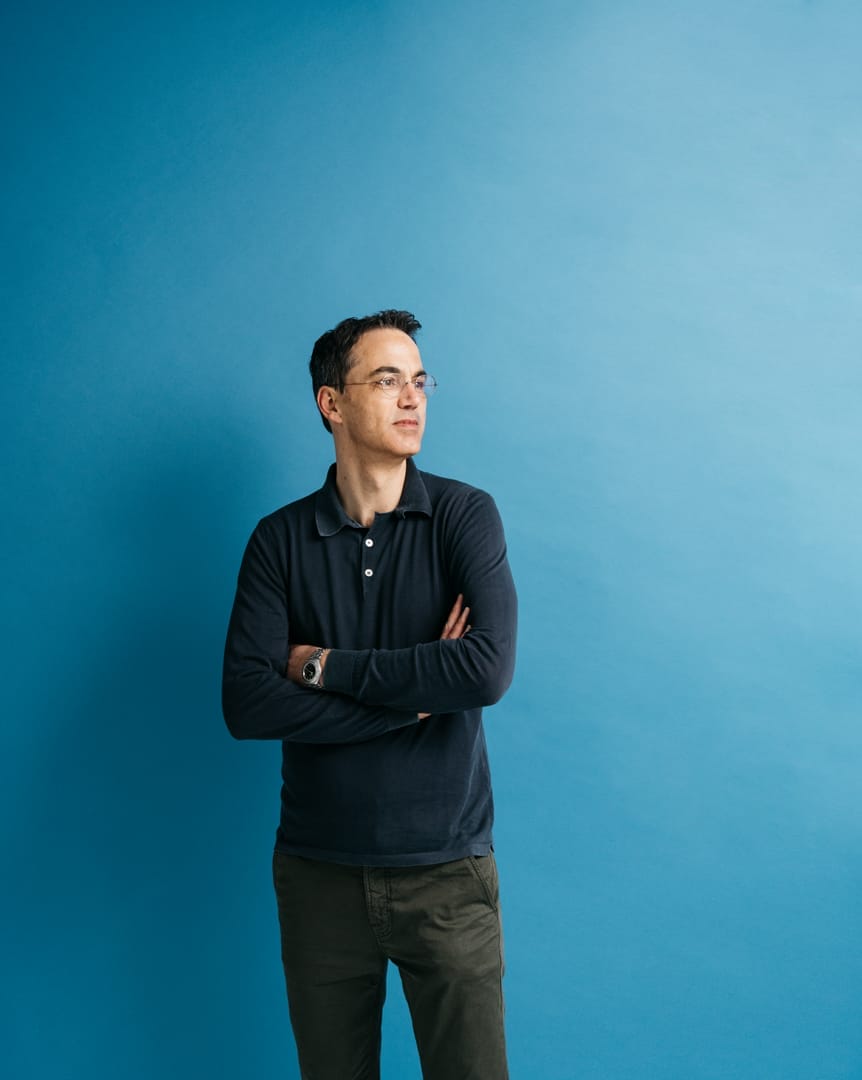I wondered if I had made the right choice to become a physician early on at Heidelberg University’s medical school. After all, I consider myself a quantitative person, and apart from medicine, I always had a strong interest in business, too. When I interned in the radiology department of a hospital in Cape Town, South Africa, I realized that my preferred specialty put me as far away from patients as possible. I thought, Why not just make the whole break, then? That’s when I decided to get my MBA and forge a new career path, as someone with a solid business education who also had a helpful background in medicine.
When I arrived at Wharton Welcome Weekend, I felt I fit right in. And from strategic frameworks to financial modeling, I wouldn’t have been able to pursue my career in strategy consulting or start my company without the fundamentals I learned at Wharton. In a venture capital course with healthcare management senior fellow Stephen Sammut WG84, we assessed the pros and cons of a business plan from undergrad students. I thought about that class quite a bit as I drafted my own startup strategy. When I was co-founding Dynamic Biosensors — which sells a novel biosensing tool that facilitates drug discovery processes — one of my main responsibilities was fundraising. My medical degree provided credibility when talking to investors, but my Wharton degree reassured them that they were dealing with someone who represented both a great technical idea and essential business experience.
After I led several investment rounds and we grew the company to 40 people, with sales to major research institutions and top pharmaceutical companies, I was ready for a change. As an independent consultant, I’m currently working with other life-sciences startups as well as venture capital funds, while keeping my eyes open for a new startup to join.
I’ve found great value in the Wharton network, and I took over the Wharton Club of Germany and Austria this year. Many of my fellow alumni are in leading positions, and they are always accessible, be it for fundraising support or making a specific contact. However, there’s another aspect of the Wharton network that I appreciate: The opportunity to meet interesting people who are in totally different fields and talk to them on a high-quality level is very enriching personally. The Wharton Global Forums weren’t on my radar for many years, but then I began attending some, starting with the gathering in Amsterdam in 2016. While what I learn might not be directly applicable right away, I’m always intrigued. And after a long weekend, I come back home and feel I’ve learned something new. That’s a valuable experience in itself.
Published as “From MD to VC” in the Spring/Summer 2020 issue of Wharton Magazine.

























